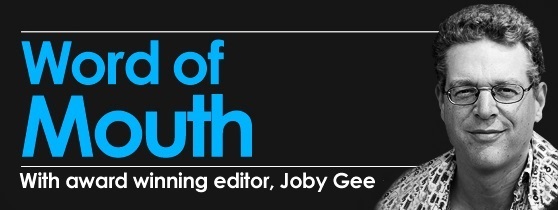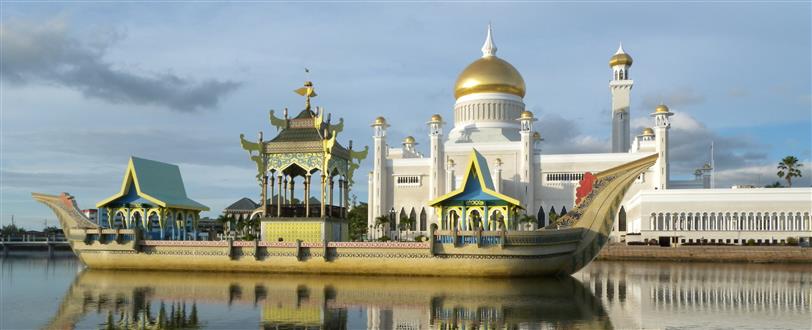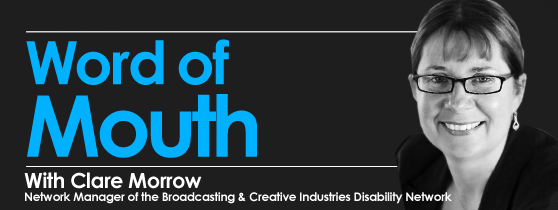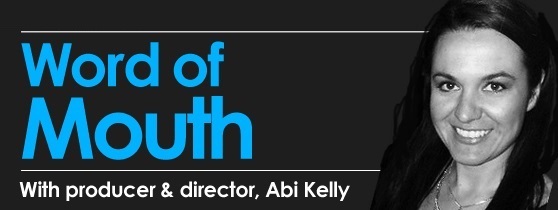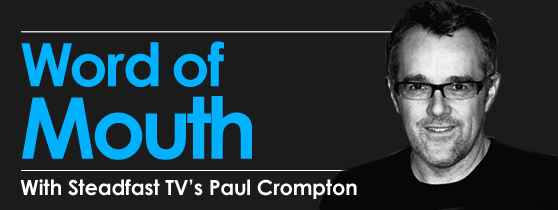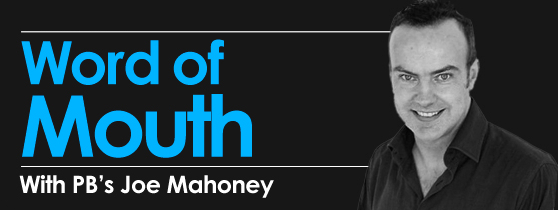
Judging by the constant debate on our discussion forum, it seems this sensitive topic of ageism just won’t fade away. Looking back over the previous weeks’ threads it seems there is a genuine fear that anyone over the age of 35 is finished in this industry. Is this being fuelled by the high profile spates covered in the media of late or a genuine belief that talented, hard working people are being overlooked simply because they can be easily replaced by someone younger?
I’m sure you all remember the Arlene Phillips/Alesha Dixon debacle and the more recent ranting of Kirsty Young which implied that it was women in particular that were being discriminated against. And as Brucie signs up for another series of Strictly Come Dancing (what is it about that show?) alongside the much younger, Tessa Daly, its easy to see where that opinion manifests itself. Its probably fair to say that there are not too many shows of aging women working alongside younger men.
What does the research say? A recent Daily Mail article claimed that the average age for female presenters appearing in prime time slots has jumped from 32 years and 7 months from the 1950s to an average age of 40 today. In contrast, the average age of men on TV has actually fallen slightly from 46 years and 9 months in the 1950s to 46 years today.

